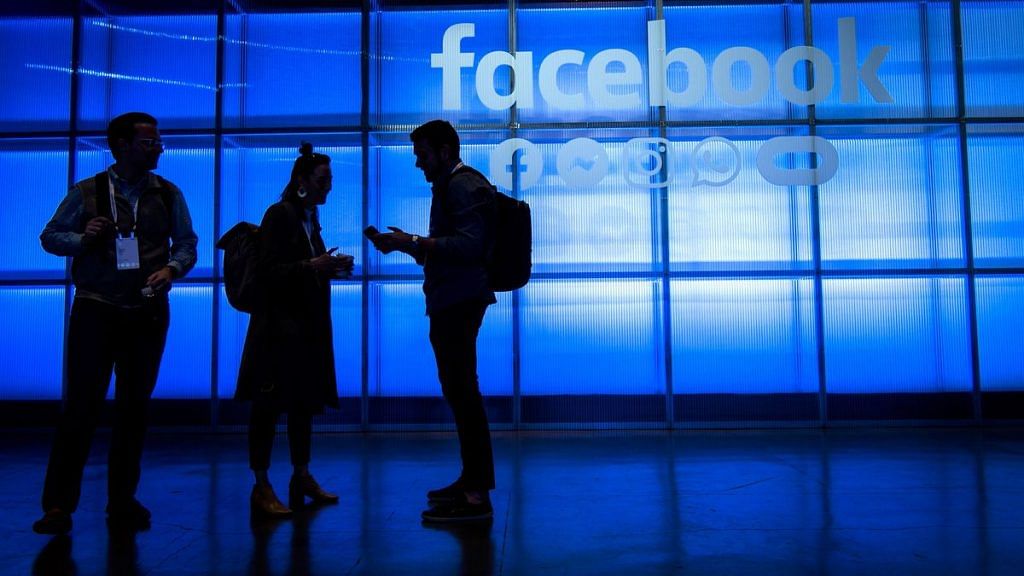People are mad at Facebook — for being too big, too powerful, too omniscient. Last week a co-founder of the company joined the calls from politicians like Senator Elizabeth Warren for the government to break up the social media giant.
Facebook has repeatedly asked for regulation, with CEO Mark Zuckerberg appealing to the government in a Washington Post op-ed this spring. Thus far, regulatory proposals have treated Facebook as a traditional telecom or media company. But the unending public anger toward the company, coupled with a sense of helplessness toward the influence it has over society, suggests that regulation shouldn’t be approached with benevolence. Given the numerous studies describing the addictive nature of social media, perhaps Facebook should be regulated the same way as other vices like tobacco, alcohol and gambling.
Earlier this month, Facebook co-founder Chris Hughes argued that Facebook should be broken up because of its lack of accountability. In the column, he describes himself compulsively scrolling Instagram as his infant son plays alone on the floor. Hughes acknowledges that his behavior is not good for the child, but he says he can’t pull his attention from the screen. It’s reminiscent of an old anti-drug commercial, where an elderly woman sits woeful and alone at a prepared dinner table. Voiceover: “Just tell Grandma you blew off the dinner plans you made with her because you were stoned.” Just tell your firstborn you missed his first words because you were checking Facebook.
Also read: Facebook, WhatsApp, Instagram outage persists globally after more than 10 hours
This is the result of ruthless optimization for user engagement.
Studies have repeatedly found that social media can damage the emotional health of frequent users, and excessive use has been found to be associated with addictive-like symptoms. Sean Parker, Facebook’s founding president, described the application as “a social-validation feedback loop … exactly the kind of thing that a hacker like myself would come up with, because you’re exploiting a vulnerability in human psychology.”
Antitrust regulation won’t help here. Facebook achieved outsize market share with an addictive product. A competing platform would need to do an even better job of exploiting psychological vulnerability to topple the incumbent. But the solution to a harmful industry dominated by a monopoly is not to foster equally harmful competitors; it’s to reduce our dependence on the industry as a whole.
Regulatory proposals should begin by protecting the youth. Facebook has a messaging app designed for kids under 13, but expecting the platform to protect children from harmful content is like asking the tobacco industry to make a kid-friendly cigarette. There’s sort of a conflict of interest going on. If Silicon Valley execs refuse to let their own children use apps, perhaps they shouldn’t be allowed to market their apps to other people’s children either.
A lot of our complacency toward social media platforms stems from a lack of understanding of how they take advantage of emotional vulnerabilities to keep users engaged. This is not unintentional. And much like the tobacco companies that spent four decades denying a link between smoking and lung cancer, Facebook has been equivocal in acknowledging its own harmful effects.
That brings us to another response outside the realm of antitrust: Tobacco companies are now required to disclose the contents of their products and open their processing facilities to inspection to reduce information asymmetry between the consumer and manufacturer. The source code behind Facebook’s news feed should be made available for inspection as well.
The nationwide decline in tobacco use was the result of decades of public awareness campaigns. The government should recognize social media for its psychologically exploitative properties and treat these companies the same way – with restrictions on youth targeting and with publicity about the risks. The anti-drug ads depicting a fried egg can be repurposed to illustrate what your brain looks like at the hands of tech employees who like to “move fast and break things.”
A side benefit of more scrutiny and awareness is that most of the problems associated with Facebook’s dominance will go away if we all stop spending so much time on social media. After all, Facebook can’t be a tool of election interference if no one uses Facebook.
Also read: Panic & praise among Indian bloggers, ‘influencers’ as Instagram hides its likes
Elaine Ou is a Bloomberg Opinion columnist. She is a blockchain engineer at Global Financial Access in San Francisco. Previously she was a lecturer in the electrical and information engineering department at the University of Sydney.
